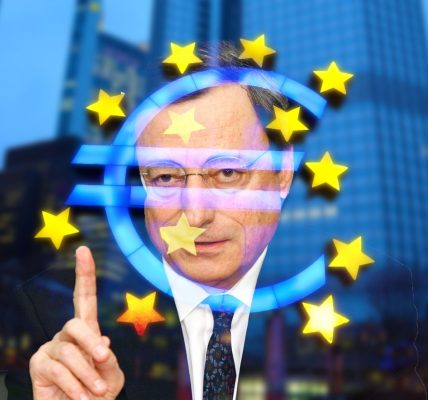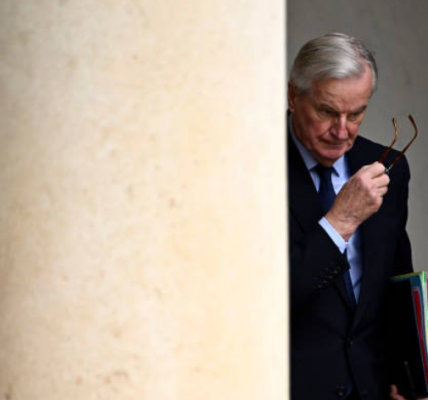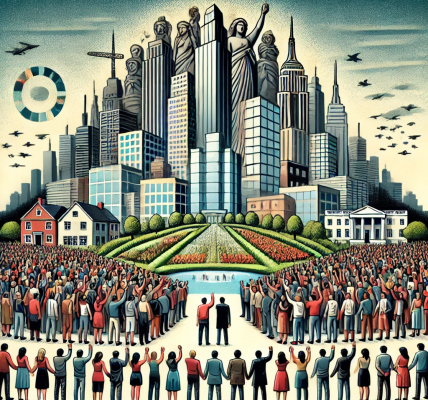A Tale of Two Elections- Why The West may have Missed an Opportunity to Make Peace with Iran.
It’s probably no surprise to hear, that this summer has been highly significant for Western Democracy. With Elections across Europe, including the UK and France, and early drama in the U.S Presidential Campaigns, to say that Western Geopolitics has shifted, would be an understatement .
However, it may have escaped many’s attention that Iran has also recently elected a new President, following the untimely death of former President Ebrahim Rasi after his helicopter crashed last May. Reformist Masoud Pezeshkian, a former heart surgeon turned politician, narrowly beat out former Vice president and the mastermind behind the 2015 Iranian nuclear deal Jaraf Zavid, and now finds himself the head of one of most significant players in The Middle East. Whilst there are those who might question Iran’s electoral process, and the validity these elections have considering Iran’s treatment to members of the public, specifically towards women, Pezeshkian has emerged as a leader who appears to offer a break from the tight grip Islamic radicalism had on Iran for decades.
Yet, Western Leaders have remained tentatively despondent to the election of this new government, as whilst condolences were sent out by the Italian and German govenrments, following the death of Rasi, few congratulations were sent after Pezeshkian’s election victory. This has enabled Iran’s traditional allies, Russia and China, to re-establish positive relations with Iran and secure a major ally in The Middle East, after both were quick to congratulate and call Pezeshkian.
It’s a decision European and American leaders may come to regret. An increase in illegal migration from The Middle East as well as the public response to the ongoing Israel-Hamas conflict has meant Islamophobia and Xenophobia have increased across Europe. A trend highlighted by Europe’s elections this summer, as Far Right groups now have a majority in Brussels, and Marie Le Pen’s Rassamblement National narrowly losing out to a majority in France’s second round of voting. And despite the election of Sir Keir Starmer’s Labour into the UK Government, Britain is far from immune growing right-wing radicalism. This summer’s riots, insinuated by the spread of misinformation online, are a testament to the discontent many in the public feel towards the growth of immigrants seeking to escape the violence and insecurity of the Middle East.
But this year’s election has only matched the growth of Far Right Governments in Europe over the last decade, the rate of which has not been seen since before World War Two. Italy’s Georgia Meloni took office in 2022 on the promise to stop illegal immigrants (predominantly Muslim ones) coming across the Mediterranean from Libya. Whilst long standing Prime Minister of Hungary Victor Orban has repeatedly clashed with the EU over immigration laws that he believes should be ‘the strictest possible’. These latest elections across the EU as well as violence on British soil are only the latest edition to this growing trend across European democracies and are product of an unstable Middle East. In order to prevent further escalation of Islamophobia in Europe, security must be established.
With this in mind, we must recognise that Europe may have made a mistake in not recognising Pezeshkian’s victory. Iran’s control and sponsorship of terror groups such as Hamas, Hezbollah and the Houthis, gives them the key to peace in the Middle East. America and The West spent 20 years fighting against Islamic terrorists in Afghanistan and Iraq, they lost, now we must learn that diplomacy isn’t always a game where we can set the rules, and whether we like it or not, stability of the region will come down to Western relations with Iran. Starmer was right meeting with Pezeshkian to discuss mediating peace talks between Hamas and Israel last week. But with the latest exchange of missiles between Hezbollah and Israel this weekend one fears however, it may be too little too late.






